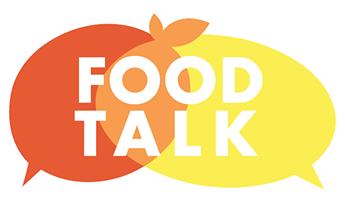With Easter right around the corner, eggs are getting a little more attention than usual. We’ll buy them, dye them, and hide them— but what about eating them the rest of the year? Let’s take a closer look at how eggs are a healthful choice year-round.
What are the nutritional benefits of eggs?
Eggs are low in calories and provide some of the highest quality protein. This means our bodies can use more of the protein found in eggs than it can in other foods, like beef steak, milk, and soybeans. They’re also one of the more affordable sources of protein.
Eggs are powerhouses of vitamins and minerals. They contain:[1]
- Vitamin A
- Vitamin B2
- Vitamin D
- Vitamin B12
- Folate
- Phosphorus
- Selenium
- Lutein and zeaxanthin, antioxidants which can improve eye health.[2]
- Choline, an essential nutrient that 9 out of 10 adults in the U.S. do not get enough of. Choline helps our muscles and liver function.
Eggs also have about 5 grams of fat, mainly found in the yolk.[1] Most of this fat is unsaturated fat (the “good” fat).

Do eggs really increase your risk for heart disease?
Eggs are the main source of cholesterol from our diet. Eggs have been targeted as bad for your heart because of this. But how does cholesterol impact your risk for heart disease, and what role do eggs play? Here’s a simple breakdown:
- There are two types of cholesterol: “bad” cholesterol called LDL cholesterol and “good” cholesterol called HDL cholesterol. Having more bad cholesterol than good cholesterol in your blood can increase your risk for heart disease.[3]
- Cholesterol can come from your food (called “dietary cholesterol”) or your body can make it on its own.[4]
- Eggs contain dietary cholesterol.[1]
- Dietary cholesterol from eggs (or any other food) does not cause your blood to have more bad cholesterol than good cholesterol.[4] Therefore, dietary cholesterol does not significantly increase your risk for heart disease.[1],[2],[3],[4],[5]
- Saturated fat and trans-fat, however, do tend to cause more bad cholesterol to be in your blood than good cholesterol.[4]
- Eating a diet low in saturated and trans-fat in addition to eating a diet rich in fruits, vegetables, lean meats, nuts and legumes, and whole grains can reduce your risk for heart disease. Limiting sodium and sweets can also help.[6]
- More research is needed to determine the role of dietary cholesterol on heart disease in patients with diabetes.[4]
Bottom line: Eggs do not significantly increase your risk for heart disease. For those who are generally healthy, moderate intake of eggs can be included as part of a healthy diet.[4],[7]
Like this blog? Check out more information on heart-healthy recipes.
Written by Taylor Newman, Ph.D. Candidate | Edited by Laurel Sanville, MS, RDN, LD and Lauren Coheley, Ph.D. Candidate, RDN, LD, CDE
Original photo sources:


